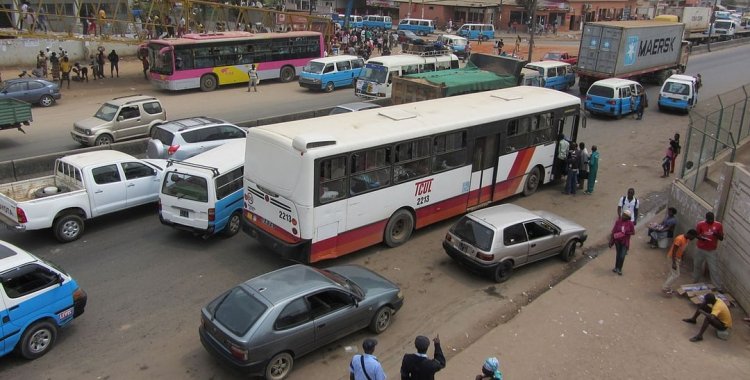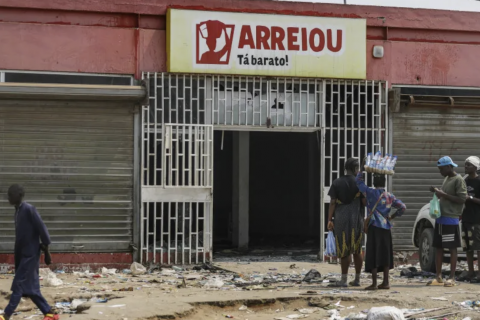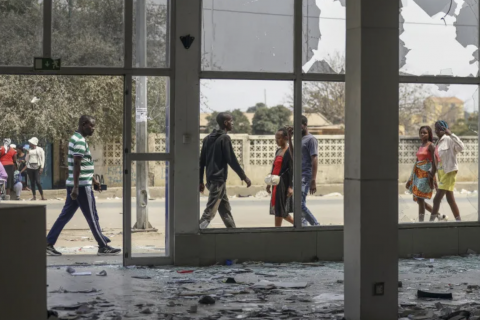The minister, who was speaking in Luanda at the opening of a conference on the impacts of the Lobito Corridor on Angola and Sub-Saharan Africa, considered this to be a "great opportunity" for southern Africa and other parts of the world, at a time when oil-producing countries are still facing the challenges of economic diversification.
Ricardo Viegas d'Abreu used the example of Asian countries that have invested heavily in transport and logistics infrastructure, such as Singapore, Malaysia and the United Arab Emirates, to reinforce the idea that the transport and logistics infrastructure sector in Angola will also be "a lever" for other sectors of the economy.
With an estimated investment of around 1.4 percent of annual GDP to cover the deficit in transport and logistics infrastructure (around 1.5 to 1.7 billion dollars), the minister stressed that the financing will not have to be entirely public.
He argued that it is necessary to find ways to mobilise the private sector, which the government has done through public-private concessions that "allow the attraction of accredited operators with operational and investment capacity".
The four concessions already completed have brought Angola more than 300 million dollars in concession premiums and more than 1.3 billion dollars in investments linked to the concessionaires' obligations, he added.
Ricardo Viegas d'Abreu highlighted the importance of the Lobito Corridor, a railway infrastructure that crosses Angola, connecting the Port of Lobito to the Democratic Republic of Congo, recalling that two thirds of the world's mineral reserves are at this meeting and highlighting its importance for the energy transition and information technologies.
The official said that the path to signing the concession was not easy and he had to face the doubts of sceptics and counter the "major interests" against the impacts on economic activities.
He also addressed the issue of international investment and financing, highlighting the links between African countries and China, criticising models that create challenges to the fiscal frameworks and debt sustainability of these countries, which also have negative risk prospects.
"We have to derisk," he said, adding that the extension of the corridor to Zambia will be done with "another financing logic", involving the European Union and countries such as Italy, as well as international financial institutions.
"We are no longer talking about an infrastructure project, but about development opportunities for our countries," said the minister, stressing that the Lobito corridor is not only used for mineral extraction but also has added value that can be developed, creating jobs and economic development.
According to Ricardo Abreu, there are already international agencies positioned to promote credit lines along the corridor, aimed, for example, at the energy, agriculture and services sectors.
The Lobito Corridor is the first strategic economic corridor developed under the auspices of the G7 Partnership for Global Infrastructure and Investment (PGI).
On the sidelines of the G20 Summit in New Delhi in September 2023, the European Union, the United States, the governments of the three countries involved, as well as the African Development Bank and the Africa Finance Corporation, as the project promoter, signed a memorandum to join forces to support the development of the Corridor.
The conference on the impacts of the Lobito Corridor in Angola and Sub-Saharan Africa that took place this Friday in Luanda was organized by Abreu Advogados, FBL Advogados and Lex Africa.







